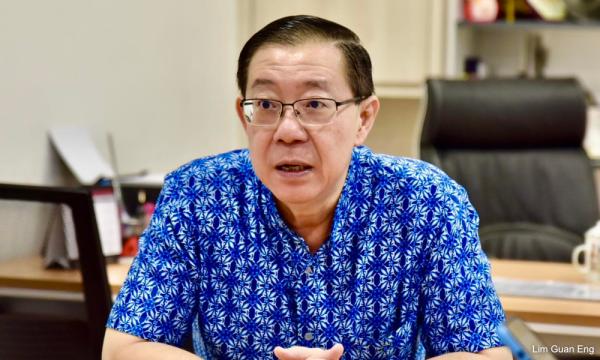Decoding Underwriters: Your Guide to Mortgages, Insurance & Equity Markets (ZA Edition)
At its core, underwriting is about assessing risk. An underwriter's job is to evaluate the likelihood of a financial loss occurring and to determine the appropriate price (premium or interest rate) to charge for that risk. They're the gatekeepers, ensuring that financial products are offered responsibly and sustainably. Think of them as the financial detectives, meticulously sifting through data to make informed decisions.
The world of underwriting isn't one-size-fits-all. Here's a breakdown of the most common types you'll find in South Africa:
- Mortgage Underwriters: These professionals evaluate loan applications, assessing the borrower's creditworthiness, income, and the value of the property. They ensure the bank isn't taking on excessive risk when approving a home loan. In a market like South Africa, where property ownership is a significant aspiration, mortgage underwriters play a vital role.
- Insurance Underwriters: From life insurance to vehicle insurance and everything in between, insurance underwriters assess the risk associated with insuring individuals or assets. They consider factors like age, health, occupation, and driving history to determine premiums. The unique risks and demographics of South Africa are carefully considered in this process.
- Equity Underwriters (Investment Bankers): These underwriters work with companies looking to raise capital by issuing shares to the public (an Initial Public Offering - IPO). They analyze the company's financial health, market conditions, and investor demand to determine the price and quantity of shares to offer. This is a crucial part of the South African stock market.
- Credit Underwriters: Found in banks and credit providers, these underwriters assess the risk of extending credit to individuals or businesses. They look at credit scores, payment history, and other financial information.
The underwriting process typically involves several steps:
- Application Review: The underwriter carefully examines the application form, looking for any red flags.
- Data Verification: They verify the information provided by the applicant, checking credit reports, bank statements, and other relevant documents.
- Risk Assessment: This is the core of the process, where the underwriter evaluates the potential for loss.
- Decision Making: Based on their assessment, the underwriter makes a decision to approve, deny, or modify the application.
Underwriting is essential for maintaining the stability of the financial system. It protects lenders, insurers, and investors from excessive risk, ensuring that financial products are offered responsibly and sustainably. A robust underwriting process contributes to a healthier and more reliable financial landscape in South Africa.
Technology is rapidly transforming the underwriting process. Automation, artificial intelligence (AI), and machine learning are being used to streamline tasks, improve accuracy, and reduce costs. While technology will play an increasingly important role, the expertise and judgment of human underwriters will remain crucial for complex cases and ensuring ethical decision-making.






